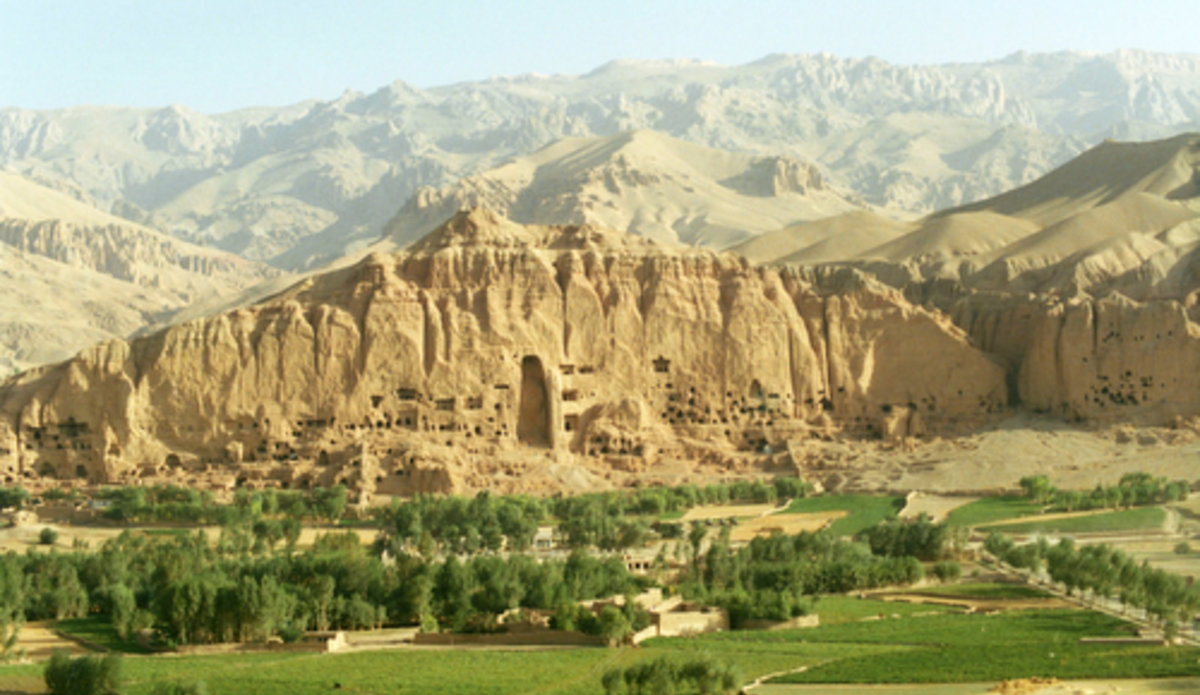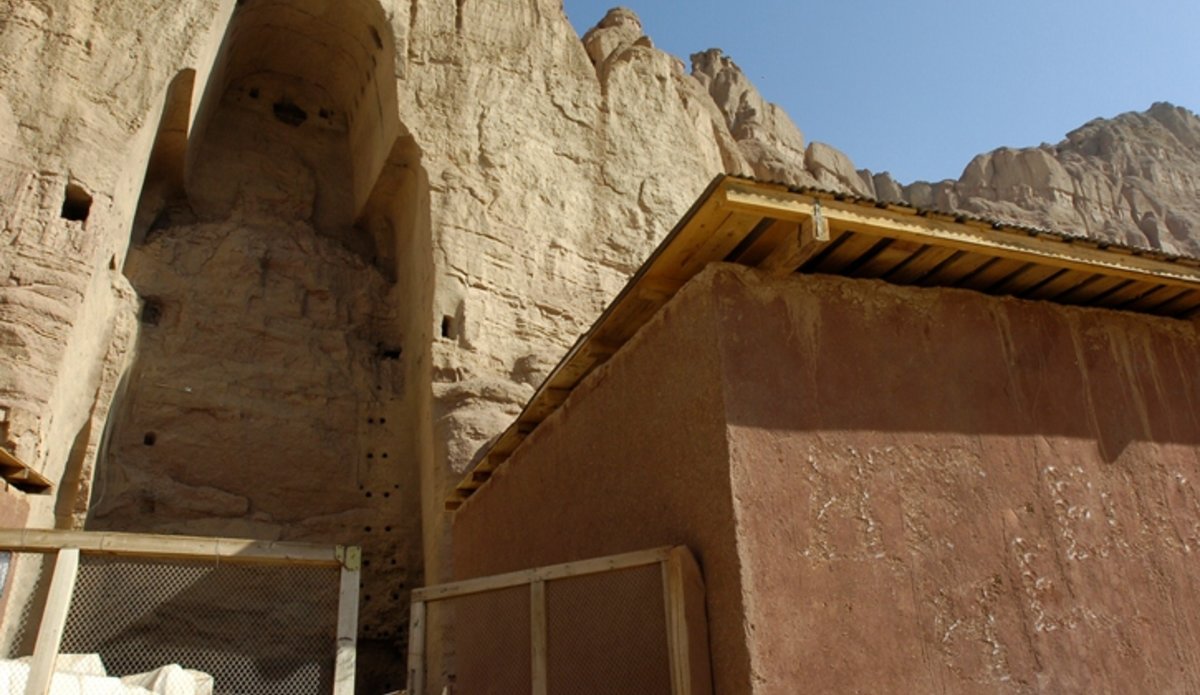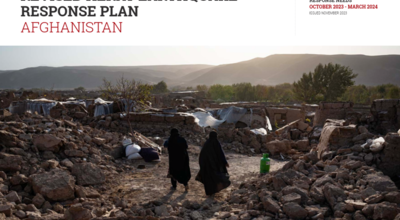UNESCO launches bidding process to design Bamyan Museum and Cultural Centre
KABUL - The United Nations Educational, Scientific and Cultural Organization (UNESCO) today announced the launch of the bidding process for the design of Bamyan Museum and Cultural Centre, which will be used as a space for exhibitions and training in the Afghan province.
UNESCO made the announcement at Bamyan’s 6th Silk Road Festival, an event which celebrates the province’s unique cultural heritage, noting that the festival was an opportune moment to launch the bidding process.
Located in Afghanistan’s central highlands region, Bamyan is known worldwide for its rich cultural history, primarily embodied in the giant Buddha statues carved into a cliff-side, and destroyed during the Taliban regime’s rule in 2001. The UN agency has led a comprehensive international effort to conserve the many fragments of the original Buddha statues, consolidate its cliffs and niches, and restore mural paintings within the Buddhist caves, and define a master plan to safeguard the Bamiyan site.

The museum and cultural centre will be built on a site some 26,000 square metres in size, on the plateau of Chawni Mountain, which has expansive views of the Buddha cliffs and niches. Tourists and the local community already enjoy spectacular paramount views of the Bamyan valley from this vantage point.
The design competition will be open for plans towards the end of the year and bids are welcome from qualified and experienced organisations with a vision for sharing the importance of cultural identity of the Bamyan Valley from the past, present and into the future.
At today’s announcement, UNESCO also thanked key stakeholders and partners involved in the protection and preservation of The World Heritage and Cultural Landscape of The Bamyan Valley and, in particular, the Government of Korea for providing the $5.4 million for the building of the museum and cultural centre.
According to UNESCO, culture represents an essential element of nation-building in every country, and, as such, has an important role to play in Afghanistan. Culture also makes a valuable contribution to socio-economic development, and, in the case of Bamyan, it paves the way towards future tourism opportunities and the participation of local communities here, in not only protecting and preserving their own cultural heritage, but also sharing it.
Related article:
Ghazni declared Asian Capital of Islamic Culture, highlighting Afghanistan’s rich cultural heritage
 UN
UN











